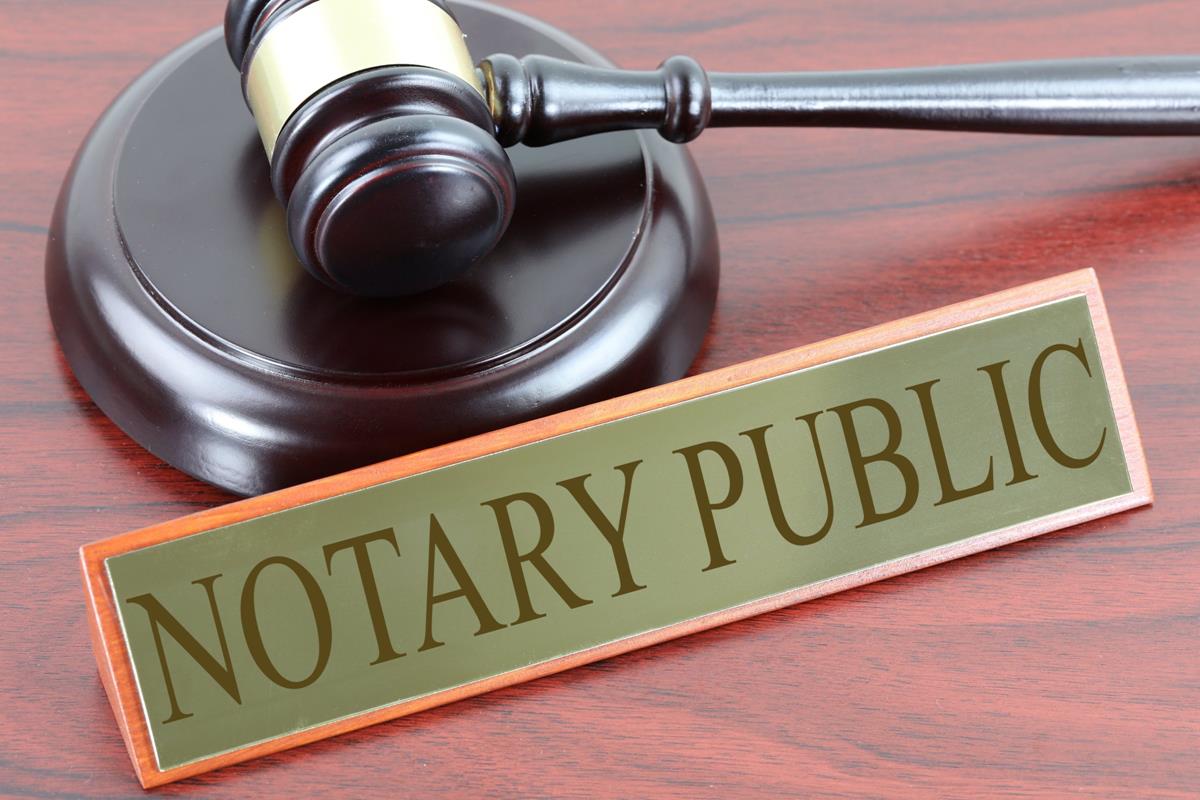Don’t Get Overcharged: A Guide to Texas Notary Fees and What to Do If It Happens
Have you ever walked away from a notary visit wondering if you paid too much? Getting a document notarized in Texas shouldn’t break the bank, but it’s easy to feel unsure about what’s fair.
Knowing the state-approved fees and what to do if you’re overcharged can save you a headache. Let’s walk through the fees Texas notaries can charge and the steps you can take if something feels off—because you deserve to know your rights!
What Can a Texas Notary Charge?
In Texas, the government sets strict limits on what notaries can charge, laid out in Texas Government Code § 406.024. These fees got a small update on September 1, 2023, thanks to Texas House Bill 255, which bumped them up for inflation and allows adjustments every five years based on the Consumer Price Index. Here’s the rundown of what you should expect to pay:
- Acknowledging a deed or other document (like for property records, including certificate and seal):
- $10 for the first signature
- $1 for each extra signature
- Giving an oath or affirmation with a certificate and seal: $10
- Swearing in a witness for a deposition (with certificate, seal, and related tasks): $10
- Protesting a bill or note (if it’s not accepted or paid, including register and seal): $4
- Copying a record or paper from the notary’s office (per page): $1
- Taking a witness’s deposition (per 100 words): $1
- Online notarization: Up to $25 per act, plus other allowed fees
If a notary travels to you, they can charge a travel fee, but they have to agree on it with you upfront and list it separately from the notary fees on the receipt. Notaries also have to post their fees where you can see them and give you a clear, itemized receipt. That way, you know exactly what you’re paying for before they start stamping.
What If You’re Overcharged?
If a notary charges you more than these amounts, they’re breaking the law. That’s a big deal in Texas, and they could face penalties like fines, suspension, or even losing their notary license. The Texas Secretary of State takes this seriously to keep things fair for folks like you.
How to File a Complaint If You’re Overcharged
If you think you’ve been overcharged, you can do something about it by filing a complaint with the Texas Secretary of State’s Office, which oversees notaries. Here’s how to handle it:
- Only You Can File the Complaint: The rules are clear—the person who got overcharged (that’s you, the consumer) has to file the complaint yourself. Nobody else, like a friend, family member, or lawyer, can do it for you. This makes sure the complaint comes straight from someone who experienced the issue.
- Gather Your Info: You’ll need some key details to file:
- The notary’s name and Notary ID, which you can find on their official stamp on your notarized document (Texas law requires this, per Texas Government Code § 406.013).
- A copy of the document they notarized, if you have it.
- A notarized affidavit explaining what happened, including how much you were charged and why you think it was too much.
- Any receipts or proof of payment showing the fees.
- File Online: Head to the Texas Secretary of State’s Notary Portal to submit your complaint online. You’ll need to set up an account (there’s an Account Setup Guide on their website) and follow the steps in their How to File a Complaint guide (available as a PDF). Make sure to explain how the notary broke the rules, like charging above the legal fees.
- What Happens Next?: After you submit, you’ll get a confirmation that they received your complaint. It might take 3–6 months (or more) for a team of attorneys to review everything and decide what to do. They could issue a warning, suspend the notary, or even revoke their license. You’ll get an update on the outcome, but they might not share every detail during the process.
- What the Process Can’t Do: The Secretary of State can only check if the notarization was done right and follows the rules. They can’t say whether your document is legally valid or get your money back. If you want a refund or damages, you’ll need to talk to a lawyer. For anything criminal, you can also file a complaint with the District Attorney or County Attorney in the county where it happened.
Tips to Avoid Getting Overcharged
Here are a few ways to protect yourself:
- Ask Upfront: Before the notary starts, ask for their fee schedule. They’re required to have it posted clearly.
- Check Travel Fees: If they’re coming to you, make sure any travel fees are agreed on beforehand and listed separately.
- Keep Everything: Hold onto your receipts, invoices, and the notarized document (with the notary’s stamp, name, and ID). These are your proof if something goes wrong.
- Know the Fees: Get familiar with the fee limits in Texas Government Code § 406.024 so you can spot a problem right away.
Need Help?
If you’re stuck or have questions about filing a complaint, reach out to the Texas Secretary of State’s Notary Complaint Specialist at 512-475-2993 or
By knowing what Texas notaries can charge and how to stand up for yourself, you can feel confident getting documents notarized without getting taken for a ride. Stay savvy and keep those receipts!
Sources: Texas Government Code § 406.013, Texas Government Code § 406.024, Texas Secretary of State Notary FAQs, and Texas House Bill 255.



